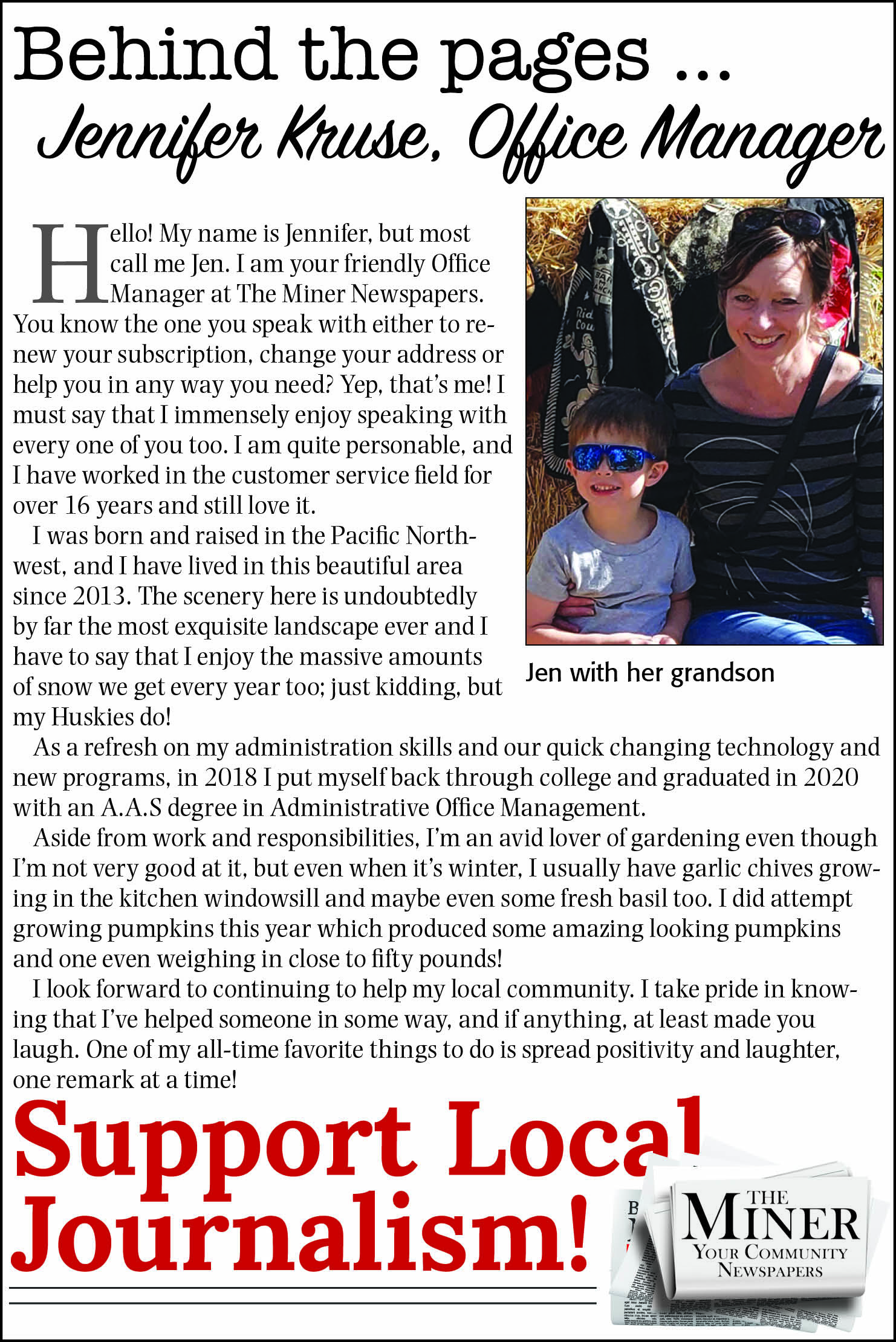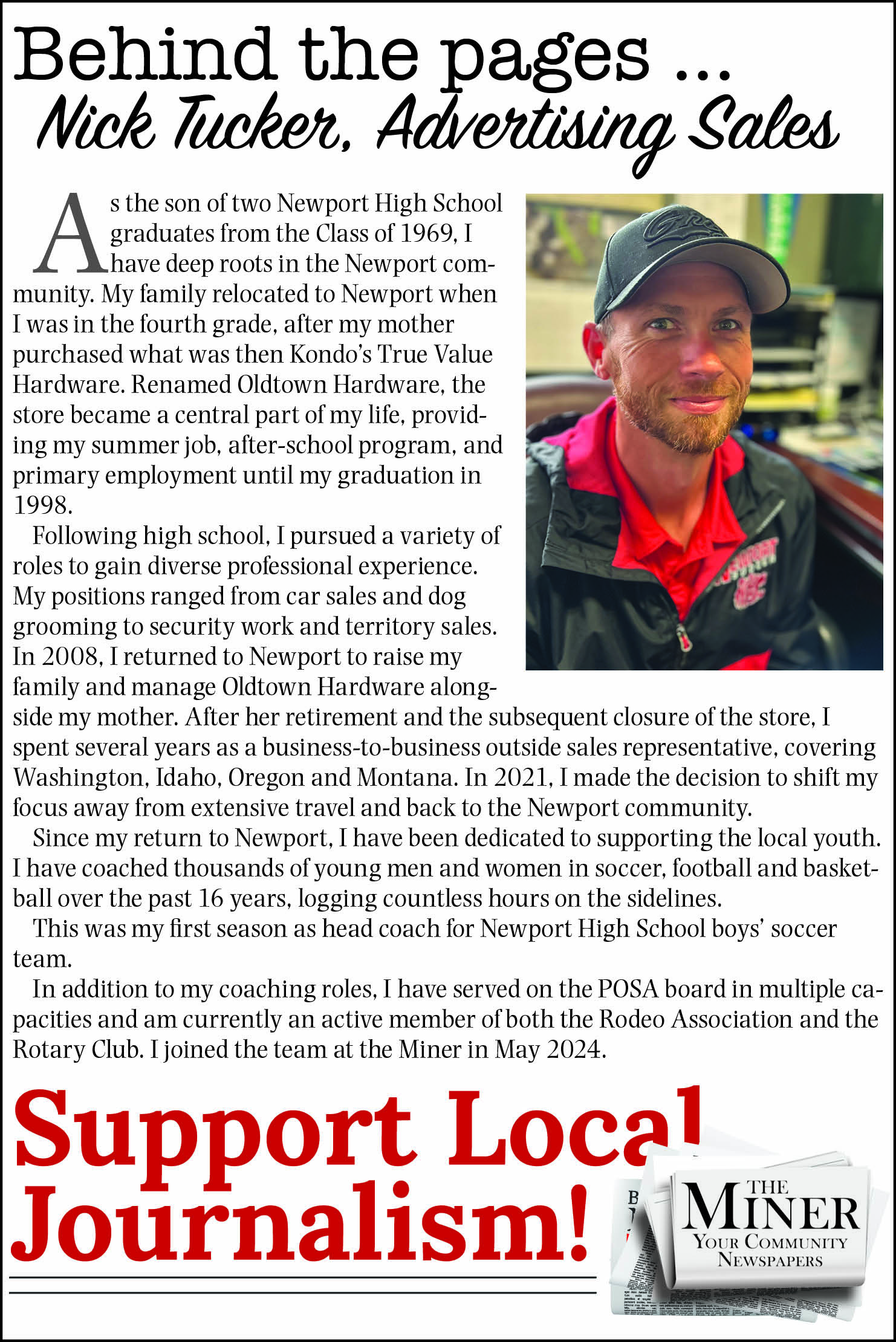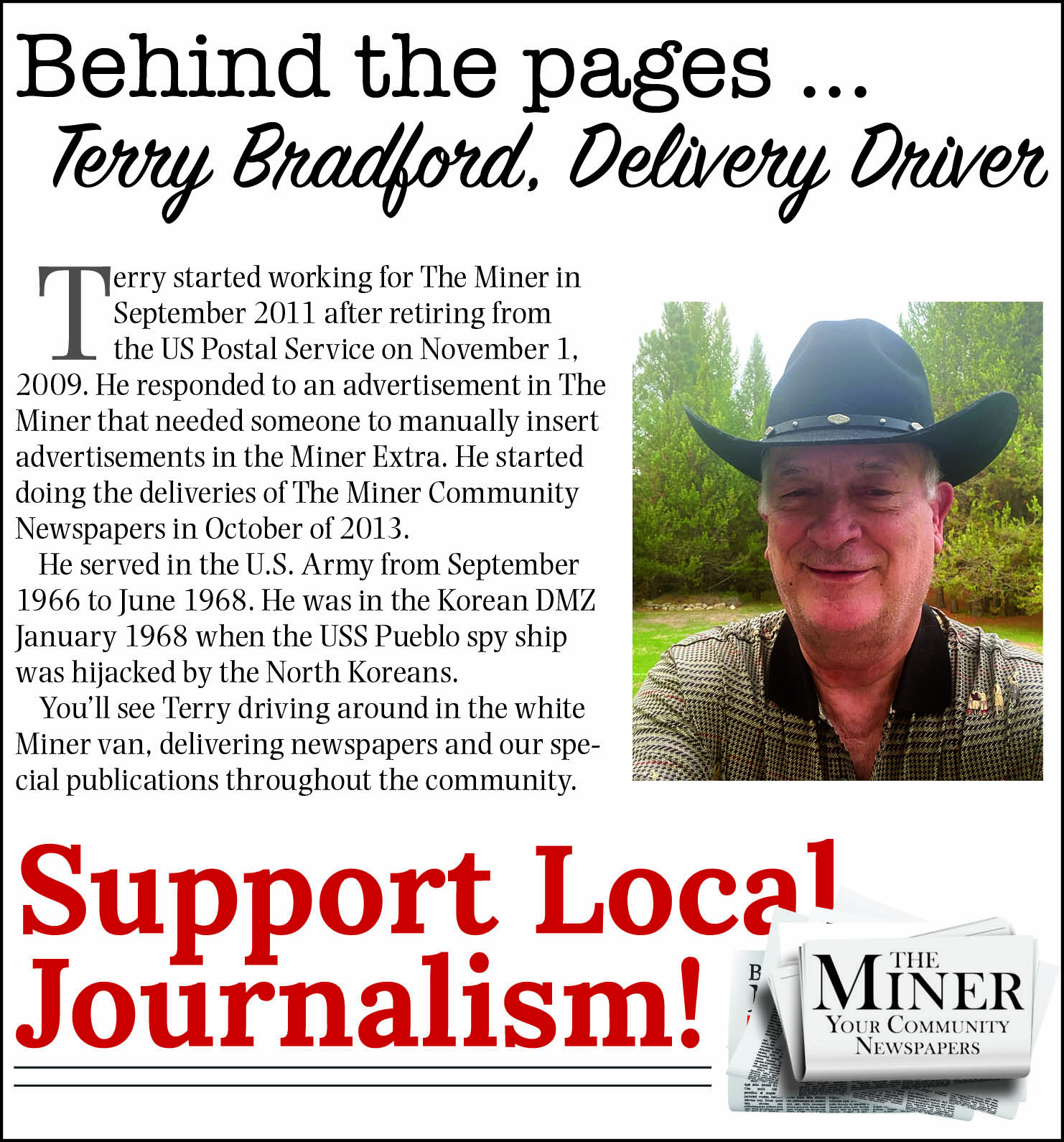FOREVER FIT
Okay, let’s be honest…how many of you actually read my article a year ago and not only set, but followed through on your 2024 New Year’s resolutions— a practice rooted in self-reflection and the desire for self-improvement. It’s understandable if you didn’t, as you may recall, only about 6% of those achieved their goals.
Why? Often, the culprit is what I call Performance Paralysis: the inability to take necessary action toward achieving goals, despite having the knowledge and capability to do so.
Personally, you don’t have to wait until January 1st to set goals (resolutions), it’s just kind of traditional.
I’m anything but traditional and began setting my 2025 goals a couple months ago and already have a few ideas for 2026! There are two schools of thought once you have written down your goals—first, you could share them with others and hopefully they would encourage you and keep you accountable; second, you could keep them to yourself and just surprise people with your accomplishments.
I have been setting goals and New Year’s resolutions for more than 50 years. I believe I have been much more successful by sharing them with a few close people as well as posting them around the house, in our gym, in my vehicle, etc.
So, here are my top five (I have others): 1. Finish my PhD in performance psychology on or before August 17 2. Speak conversational Spanish by May 15 3. Play ‘happy birthday’ on the harmonica by August 7 (I’ve never played a musical instrument) 4. Complete a bicycle century (100 miles) by September 1 5. Qualify for my 6th powerlifting world championships (for 2026) by December 31 As I’ve discussed in previous articles, cognitive decline is a very serious issue and not just for us ‘old people.’
Early onset dementia has been found in people in their 30s and 40s. What’s even more alarming is that the conditions leading to mental AND physical decline begin 20-30 years before obvious symptoms are noticed.
ALL of my goals specifically target mental and physical regression. Additionally, they work synergistically (1+1=3). I’ll get more into this topic in the coming weeks especially since the focus of my dissertation is on ‘Performance Paralysis: why we don’t do what we know we should do.’
What Are New Year’s Resolutions?
At their core, New Year’s resolutions are commitments to improve specific aspects of your life. They could range from enhancing health and fitness, advancing careers, or fostering personal relationships. These resolutions reflect our aspirations to bridge the gap between where we are and where we want to be—a journey of overcoming obstacles through inquiry and action.
The Pitfall of Performance Paralysis
Performance Paralysis often arises from three interconnected barriers: Overwhelm: The sheer size or scope of a goal can make the first step seem insurmountable.
Unclear Pathways: Without a clear plan, even the best intentions falter.
Fear of Failure: The anxiety of falling short can lead to inaction.
Setting Resolutions the Stoic Way
Ask the Right Questions: What do I truly want to achieve, and why?
Is this goal meaningful to me, or is it influenced by external pressures?
What might stop me, and how can I address those obstacles?
By digging deeper into the “why” behind your resolutions, you can ensure they are rooted in personal significance rather than fleeting trends.
Define Your Vision:
Clarify your desired outcome.
Instead of saying, “I want to get in shape,” specify, “I want to complete a 10K run by June.” A clear vision provides focus and direction.
Break It Down:
Transform big goals into manageable steps. If your resolution is to save $5,000, break it into monthly or weekly savings targets. Incremental progress builds momentum and confidence.
Achieving Resolutions: Overcoming Performance Paralysis
Focus on Action, Not Perfection: The warrior mindset embraces imperfection. Take consistent, imperfect action rather than waiting for the perfect moment. Each step forward is a victory.
Build Accountability:
Share your goals with someone who will encourage and challenge you.
A coach, mentor, or accountability partner can provide the support and perspective needed to stay on track.
Celebrate Small Wins:
Acknowledge and reward progress, no matter how small. This keeps motivation high and reinforces your ability to succeed.
Reassess and Adapt:
Life is unpredictable, and flexibility is key. Regularly revisit your goals and adjust your strategies as needed.
Serenity Prayer Thinking:
Try to set goals and resolutions that you have the most control over, so you don’t have to depend on other people or outside influences.
Becoming a 6-percenter in the New Year
New Year’s resolutions aren’t just about achieving goals; they’re about transforming how we think and act.
By applying these ideas—grounded in inquiry, courage, and action—you can overcome Performance Paralysis and turn aspirations into achievements. As you embark on the new year, remember this: the most important step is the next one. Start small, stay curious, and keep moving forward. Your path to success begins now. All the BEST in 2025!
MICHAEL MARTIN JR. IS A WORLD RECORD HOLDING POWERLIFTER AND AUTHOR OF “REAL QUESTIONS UNREAL RESULTS: Rants, Insights, and Lessons Learned from an Overeducated Underachiever, Chronic Procrastinator, Retired Military Veteran, Cowboy, and World Champion Powerlifter.” He also has a YouTube channel called Beyond the Arena.

.png)













